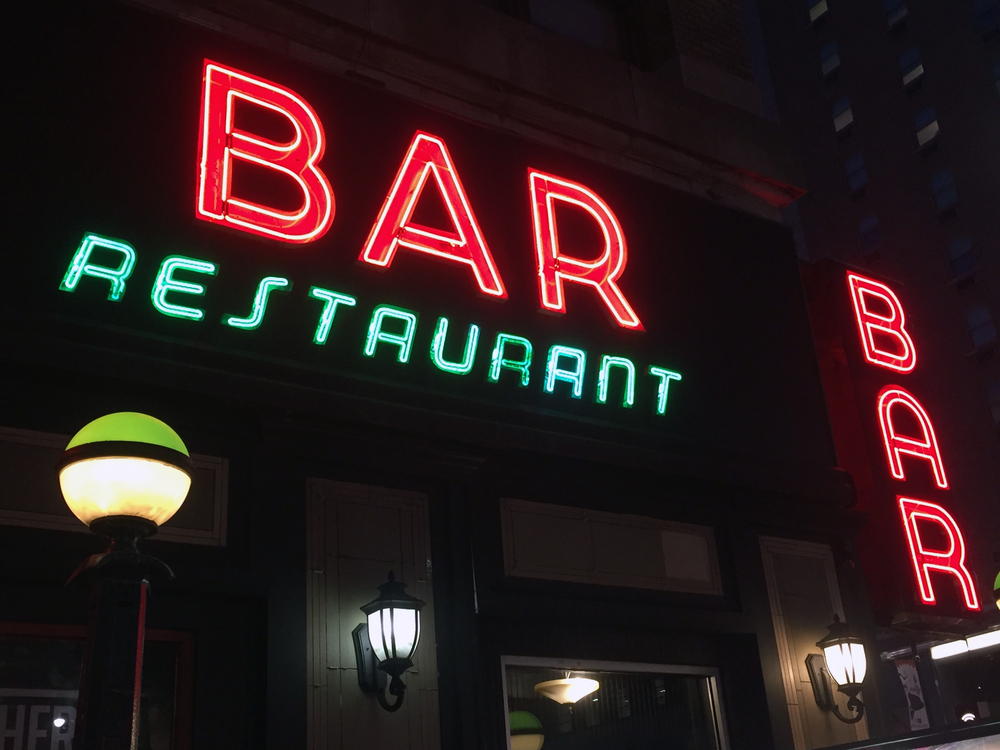How to Get Bar Insurance: A Complete Guide for Bar Owners

Owning and operating a bar is a rewarding venture, but it also comes with unique risks and responsibilities. From managing patrons and alcohol service to safeguarding your property and staff, insurance plays a crucial role in your business’s long-term success. If you’re wondering how to get bar insurance, this guide will walk you through everything you need to know—from types of coverage to choosing the right policy and provider.
Why Insurance Is Critical for Bars?
Bars face a higher-than-average risk of claims due to the nature of their services. Whether it’s a customer slip-and-fall, a liquor-related incident, property damage, or employee injury, bar owners must be prepared to handle these risks. Insurance not only protects your business financially but also ensures compliance with regulations, especially if your establishment serves alcohol.
Key Types of Bar Insurance Coverage
Before diving into the process of securing a policy, it’s essential to understand the types of coverage you may need. Here are some common types of insurance policies bar owners should consider:
1. Liquor Liability Insurance
This is arguably the most critical type of insurance for any bar that serves alcohol. Liquor liability insurance protects your establishment in the event a patron causes harm to themselves or others after consuming alcohol on your premises. Liquor liability insurance is often required to obtain and maintain a liquor license.
2. General Liability Insurance
This policy covers common third-party claims such as bodily injuries, property damage, and legal fees. For example, if a customer slips and falls due to a wet floor in your bar, general liability insurance would cover the medical expenses and legal costs.
3. Property Insurance
Your bar likely houses expensive equipment, furniture, stock, and décor. Property insurance protects your business assets in case of fire, theft, vandalism, or natural disasters.
4. Workers’ Compensation
If you have employees, law mandates that you carry workers’ compensation insurance. This coverage ensures your workers receive medical benefits and wage replacement if injured on the job.
5. Business Interruption Insurance
In the event that your bar has to temporarily close due to a covered loss (such as fire or flood), this coverage helps replace lost income and manage ongoing expenses like rent and payroll.
6. Commercial Auto Insurance (If Applicable)
If your business uses vehicles for deliveries or other operational needs, commercial auto insurance is necessary for coverage in case of accidents.
Steps to Get Bar Insurance.
Now that you know what types of coverage to consider, here’s a step-by-step guide on how to secure bar insurance:
1. Assess Your Risks
Start by evaluating the specific risks associated with your establishment. A sports bar with live events may need higher liability limits compared to a small wine bar. Consider factors like location, hours of operation, type of clientele, and number of employees.
2. Determine Required Coverage
Ensure you meet all state and local requirements for your type of business. For example, bars in Chicago and other cities must show proof of liquor liability coverage when applying for a liquor license.
3. Gather Essential Business Information
When applying for insurance, you’ll need to provide detailed information such as:
Business name and structure
Physical address and square footage
Number of employees
Years in operation
Annual revenue
History of past claims (if any)
4. Compare Quotes from Multiple Providers
Don’t settle for the first quote you receive. Instead, contact multiple insurers or work with an insurance broker who specializes in coverage for alcohol-serving establishments in . Comparing quotes allows you to find the best combination of coverage and pricing.
5. Review Policy Details Carefully
Not all bar insurance policies are created equal. Be sure to review:
Coverage limits
Deductibles
Exclusions
Premium costs
Payment terms
Look for any restrictions or fine print that might limit your ability to file a claim.
6. Choose a Reputable Insurance Provider
Choose an insurer with experience in the hospitality industry and a solid reputation for claims handling. Look for customer reviews, financial strength ratings, and how responsive they are during the quote process.
7. Maintain and Update Your Coverage
Once your insurance is in place, keep it up to date. Notify your provider of any changes in operations, such as renovations, expansions, or changes in staffing. This ensures your coverage remains valid and effective.
How Much Does Bar Insurance Costs?
Costs can vary significantly based on location, size of the establishment, amount of coverage, and claim history. However, on average:
Liquor liability insurance can range from $1,000 to $6,000 per year.
General liability insurance typically costs between $500 and $2,000 annually.
Workers’ compensation and property insurance costs depend on payroll and property value, respectively.
Bundling multiple coverages into a Business Owner’s Policy (BOP) may offer cost savings.
Final Thoughts
Getting bar insurance isn’t just a legal formality—it’s a smart investment in your business’s stability and longevity. With the right coverage, you can focus on creating great customer experiences while staying protected from unexpected financial setbacks. By assessing your risks, comparing quotes, and working with trusted providers, you’ll ensure that your bar operates smoothly and compliantly for years to come.
Whether you’re opening your first bar or reviewing your current policy, understanding getting bar insurance is essential for every responsible business owner in the state.
